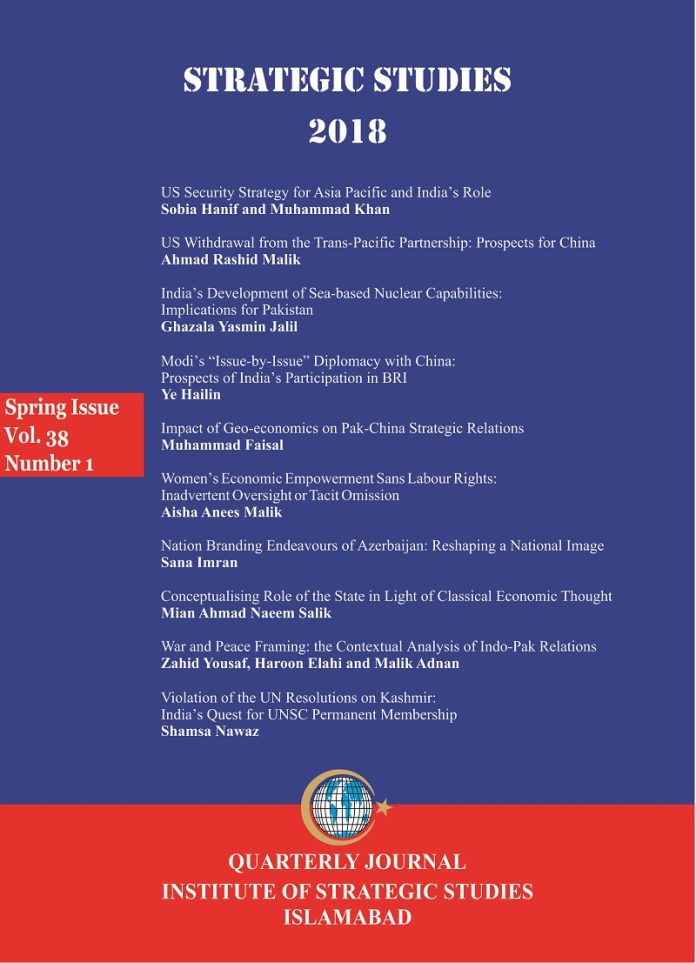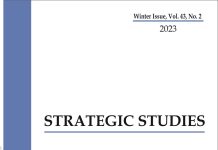China’s economic and diplomatic clout has been increasing in the Central and South Asian region, particularly since 2011. However, at present, its influence remains modest but, in times ahead, it is likely to grow more influential. In this context, China’s Strategy toward South and Central Asia: An Empty Fortress analyses China’s strategy towards the two regions and its possible impact on the interest of the US. Authored by the eminent scholar of Strategic Culture theory, Andrew Scobell, Senior Fellow for China Studies at the Council on Foreign Relations, Ely Ratner, and Fellow at Harvard’s Kennedy School of Government, Michael Beckley, this study is a part of RAND Cooperation’s larger project to explore the possible future challenges for the US Air Force in the regions. Viewed mainly from the perspective of Strategic Culture, it is a critique on the Chinese interaction with the region and its implication for the US security interests.
The publication has five chapters. While chapter one is a brief introduction of the study, chapter two and three discuss the drivers of China’s Central Asia strategy and the execution of the study respectively. Analysing China’s policy towards Central Asia, the report outlines four main factors. First factor is Beijing’s insecurities and its national objective of achieving domestic stability and safeguarding national unity. Second, China’s strategy towards Central Asia is driven by its desire to maintain stable and secular governments in the states in order to sustain peace in its Xinjiang province. A third element is to enhance China’s influence and counter other powers’ influence carried out mainly through Shanghai Cooperation Organisation (SCO). Fourth factor is China’s economic interests in the region and to improve its energy security.
- Countries
- Afghanistan / Central Asia
- Foreign Policy
- ISSI Publications
- ISSI Publications Articles
- Strategic Studies Articles














